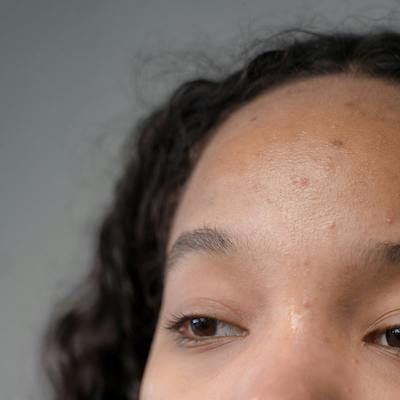Article
Phototherapy: Treatment of Choice for Adults with Atopic Eczema in UK
Author(s):
Most dermatologists in the United Kingdom choose phototherapy first when treating adult patients with recalcitrant moderate-to-severe atopic eczema/dermatitis (AD).

Phototherapy is the treatment of choice for most dermatologists in the United Kingdom when treating adult patients with recalcitrant moderate-to-severe atopic eczema/dermatitis (AD). However, according to a new survey of specialists in that country, others dermatologists prefer choosing systemic therapy first.
The survey identified treatments used on the adult patients, the options considered in the treatment decisions, the perceived gaps in the clinical data necessary for sound decisions, and the choice and extent of use of off-label therapies. It was conducted to compliment an earlier survey of treatments used for children, the 2013 European TREatment of severe Atopic eczema in children Taskforce (TREAT), and provide information on the treatments of adults with recalcitrant AD for which there were no recent surveys.
"To the best of our knowledge, this is the first national (United Kingdom) survey to address the hierarchy of current treatment approaches by consultant-level dermatologists for adults with refractory moderate-to-severe eczema," indicated principle investigator, Nick Reynolds, MD, from the Institute of Cellular Medicine, Newcastle University, and Department of Dermatology, Royal Victoria Infirmary, Newcastle upon Tyne, United Kingdom, and colleagues.
Consultant-level dermatologists in the UK (corresponding to attending physicians in the United States) were surveyed, with sixty-one respondents from 31 different cities across England, Wales and Scotland.
Phototherapy, most often UVB, or PUVA, photochemotherapy with psoralen application followed by UVA, was most commonly chosen as first-line treatment (46% of respondents). Systemic therapy was chosen as first-line by 36%, and considered a second-line of treatment by 49.2%. The researchers noted that a few respondents indicated that they would not utilize phototherapy/PUVA, while all respondents considered a systemic therapy as either a first, second or third-line option.
Among systemic treatments, azathioprine was the preferred choice of most respondents (45.6%), followed by oral corticosteroids (42.1%), cyclosporine (36.8%) and methotrexate (24.6%). The average duration of treatment with azathioprine was 13.8 months, 15.1 months with methotrexate, and 5.8 months with cyclosporine. While the maximum duration for cyclosporin was seven to 12 months, it was over 24 months for azathioprine and methotrexate.
When asked what clinical data they would like to have to aide their treatment decisions, the majority of respondents indicated comparative studies between systemic agents or between systemic treatment and phototherapy. Most indicated the need for direct comparison of methotrexate to azathioprine.
Reynolds and colleagues note that the preference of most of the dermatologists for narrowband UVB phototherapy as first-line treatment is consistent with recently published European guidelines, although the respondents had generally indicated that their choice was based on clinical experience rather than on evidence-based literature.
"Whether or not dermatologists are following national/international guidelines on treatment of atopic eczema in adults, and indeed their degree of knowledge of the evidence base, are not known," Reynolds and colleagues remarked.
The survey results, Treatment of Moderate-to-Severe Atopic Eczema in Adults within the UK: Results of a National Survey of Dermatologists, were published on-line in the British Journal of Dermatology.
Related Coverage:
Dermatologists Name Favorite Drugs in Pediatric Atopic Dermatitis





